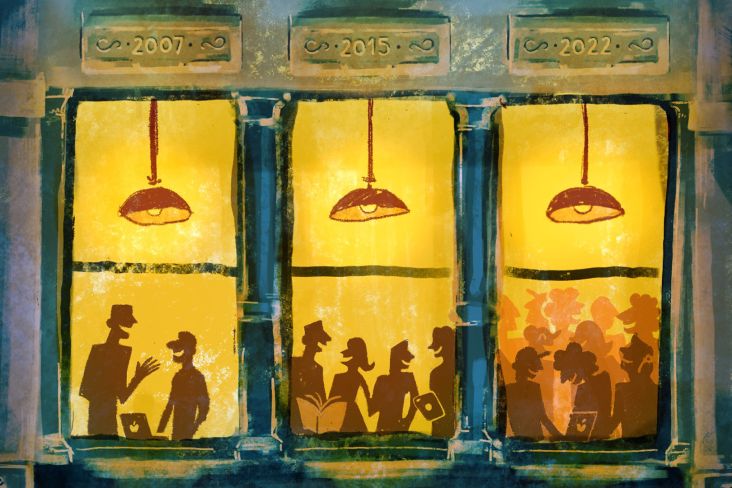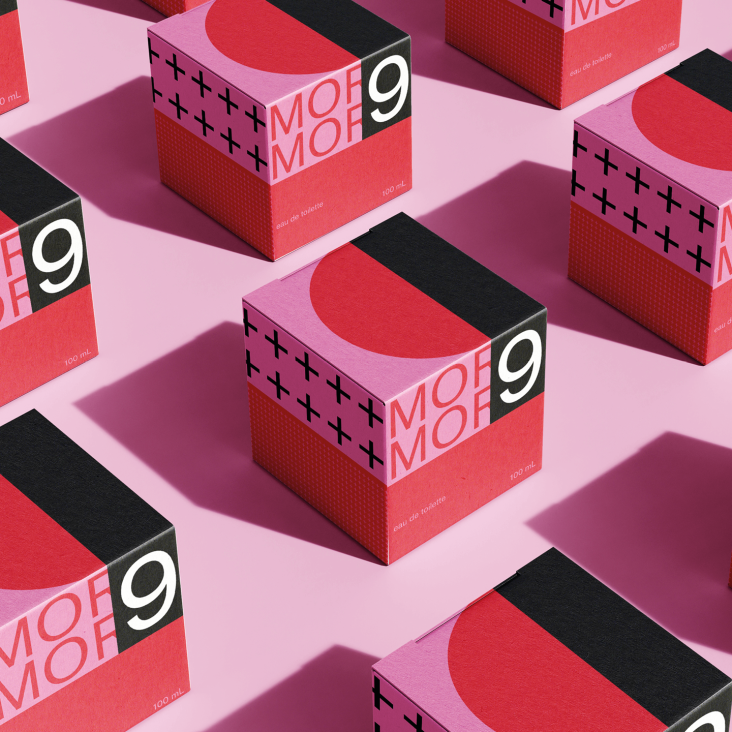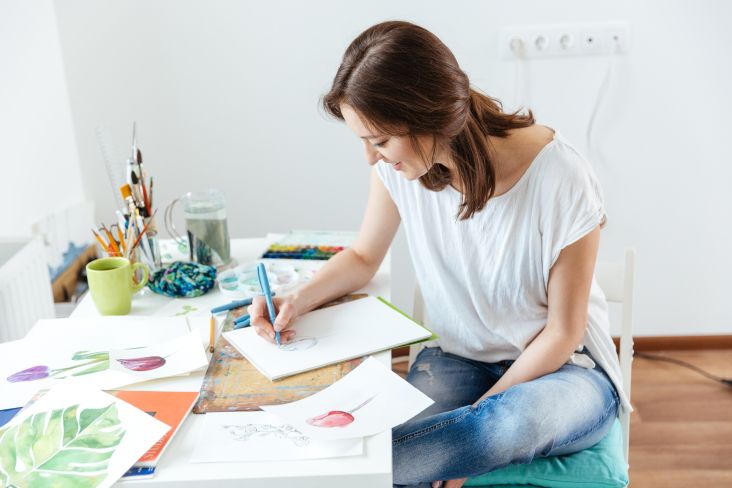How to become a creative changemaker and help push the industry forward
The design profession is becoming more diverse, but many barriers remain for underrepresented groups. Here's how you can help to drive things forward and help make the industry more accessible.
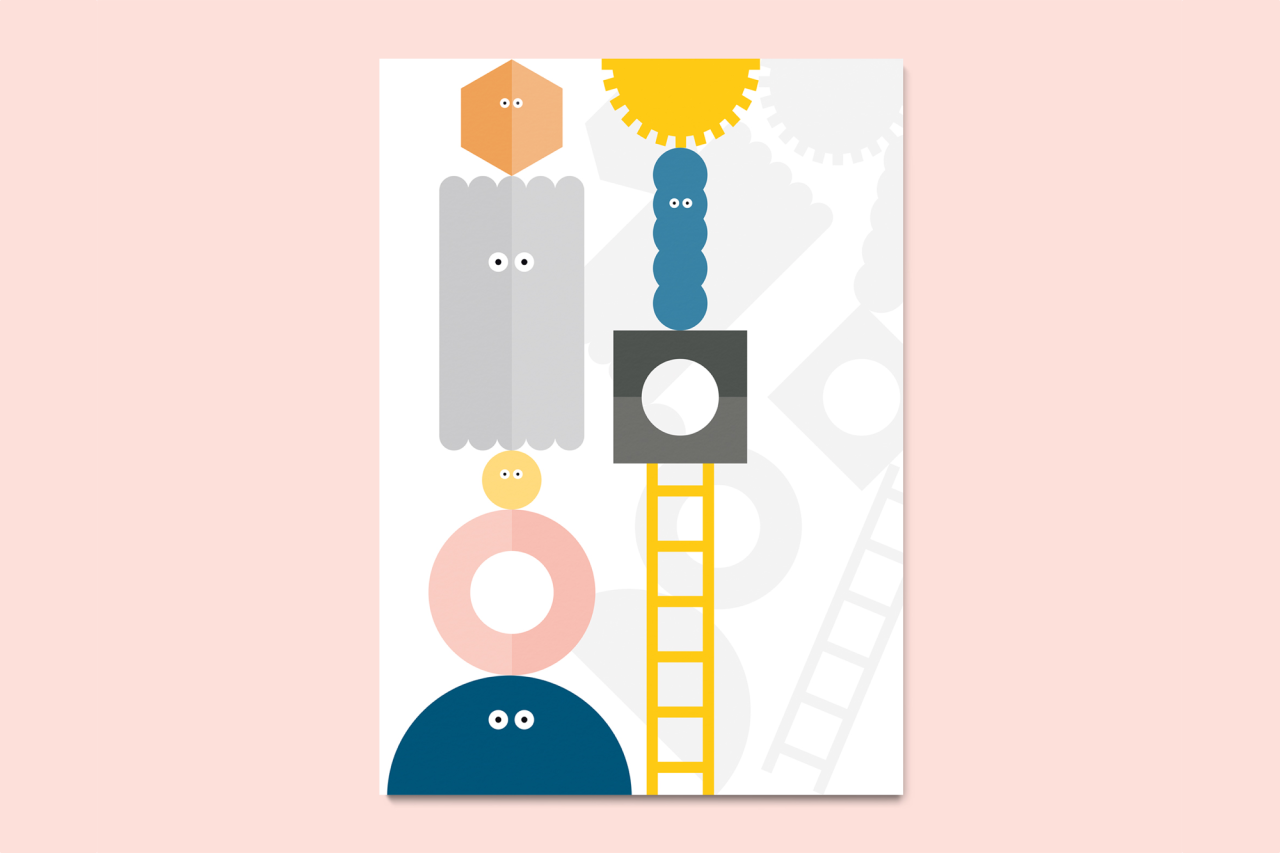
Illustration by Greg McIndoe for Make Bank
A growing community of creatives are calling on our industry and the people in it to do better. These creative professionals are using the barriers they faced early on in their careers as motivation to push for change.
I've been gradually introduced to this community of creative changemakers over the past two years while working as an editor at Make Bank, a social project which fights against creative poverty in UK schools. When researching our online content, which aims to show young people that a creative career is a viable life choice, I am constantly on the lookout for projects and organisations that champion inclusivity... and I've found loads of them!
One socially-driven project led me to another and another until I uncovered a whole world of artful activism. By pushing underrepresented communities into the limelight and demanding the equal opportunities they deserve, each of these projects is tackling a small part of the same big goal: an industry that reflects and celebrates the diversity of our world.
Here are five ways you can get involved with this inclusive design movement:
1. Become a mentor
Whether you're fresh out of art school or switching up your career later in life, finding your first creative role is notoriously difficult. This is all the more true for those who don't have a cushion of financial support to fall back on or don't see themselves represented within the industry they are trying so desperately to enter.
Many emerging creatives could do with a leg-up, and the most direct way of offering one is by becoming a mentor. Good Nugget, a design agency that doubles as a social enterprise, has a mentoring scheme with a particular focus on supporting mentees from underrepresented backgrounds. The Arena, a community-driven online platform, also offers a mentoring program that aims to ensure no one feels alone while taking their first professional footsteps.
You don't need to have decades of experience to mentor, either. It can be just as useful to hear from someone early in their career. The term 'mentor' can sound a little too formal, so just think of yourself as a slightly more experienced new friend. You might not be able to answer every question your mentee has, but you will be able to pass on useful resources and second-hand knowledge.
Having been a mentee and a mentor, I've found the most encouraging advice to be: no one knows exactly what they are doing, especially when they first start.
2. Keep on learning
You should never stop learning: who hasn't heard this advice before? However, it is important to remember that broadening your perspective can be just as beneficial to your creative output as sharpening your skill set.
As we push for change, it is important to know who we are really pushing for and why. Different formats of educational content suit different types of learners. If you’re a classic reader, online platforms such as Fuse MCR, Intern and Design Can are continually publishing and sharing enlightening think pieces.
If you prefer your education delivered audibly, What Is Your Working Class? is a podcast highlighting working-class creatives' experiences in education and beyond. There is a wealth of online content giving a voice to those who need it; it's just a case of setting aside time to listen.
Advocating for change doesn't have to mean launching a social project that takes up all your spare time. Whether it's a few hours once a week or 20 minutes daily, simply taking in alternative views is also helping. The broader our perspective, the more inclusive decisions we will make.
3. Start with inclusivity
Huge portions of the internet are inaccessible to people with sight loss, visual conditions, hearing loss and motor impairments. This presents an unnecessary barrier to the 18% of the population living with these disabilities. It's a barrier that designers are perfectly positioned to help break down.
We're All Human is an online hub of resources built on one key principle: design should start with inclusivity. They encourage creatives to think about how they can maximise accessibility to websites at the very beginning of the design process rather than being an afterthought. To help web designers do so, they have put together an extensive list of online resources, including colour palette builders, typography guidelines and accessibility checkers.
Equipping designers with these vital tools aims to flip the narrative of accessibility in design. People having different needs is not the problem; non-inclusive design is.
4. Use diverse directories
There's a lot of talk about ensuring people from underrepresented social and economic backgrounds have equal access to opportunities. But why not bring the opportunity straight to them? There are plenty of equity-driven directories full of talented makers from marginalised communities to help you do so. Hire Black Female Creatives, Working Class Creative Database, Black Disabled Creatives, Ájífa, Asian Creators Index and Agents For Change are just a few examples.
Pushing for change is all about shaking up the system. Using mindfully-curated directories to search for talent is a great way to do so.
5. Share your story
How many different design jobs did you know of when you were in high school? If you're anything like me, your knowledge didn't go beyond art teachers, painters and children's book illustrators.
At Make Bank, we are trying to counteract this by sharing the stories of creatives from every corner of the creative industry. Showcasing the wealth of exciting opportunities within our industry is particularly important for young people from disadvantaged backgrounds who might not see a career in the arts as a financially viable option. We aim to show them just how possible it is to earn a decent living by pursuing your passion while highlighting the many other benefits a creative life can offer.
Our Career Stories resource is about more than just expanding on the list of design jobs. It is about proving you can build a successful career regardless of gender, sexuality, race, ability or economic background.
We don't shy away from the challenges people face but instead highlight that – with the help of some creative friends – you can overcome any obstacle you face. Truthful storytelling is one of our most empowering tools, and every creative has a tale to tell.
Dismantle the barriers
We all know there are barriers to entering the creative industry which simply shouldn't be there. Each project mentioned above is working to dismantle these barriers, and everyone is invited to lend a helping hand.
The more I work in the inclusivity-driven sector and connect with this community of creative changemakers, the more positive I feel about our collective ability to improve our industry from the inside. Let's all work together to change things for the better.

















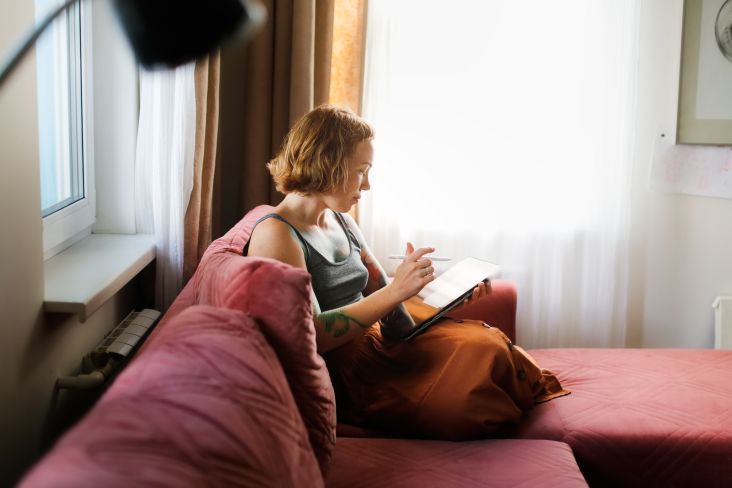
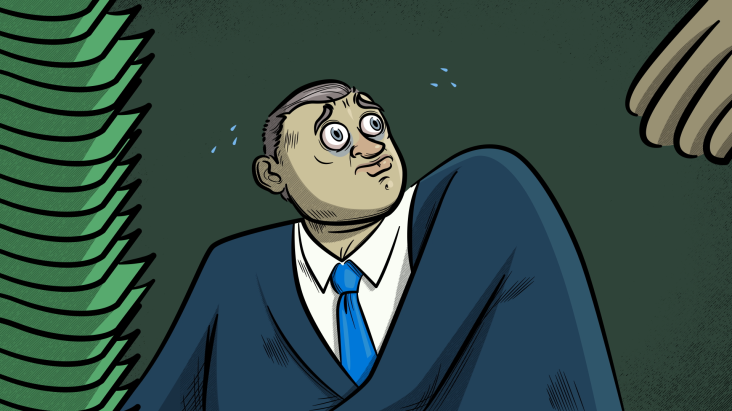

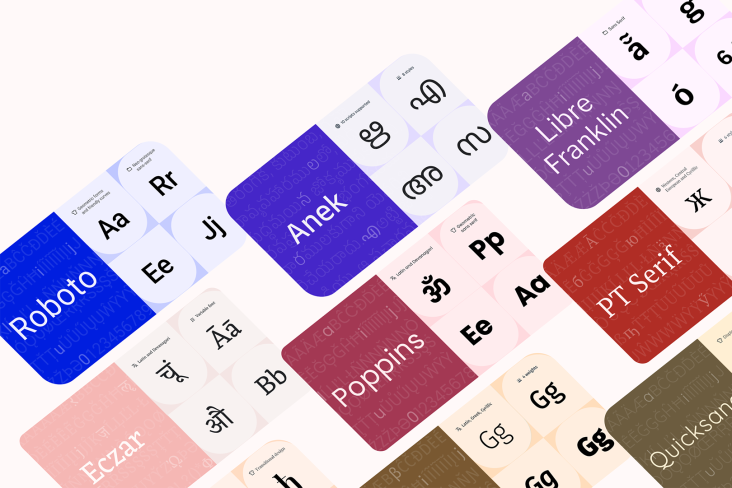
 for [Collin Coffee](https://pangrampangram.com/blogs/font-in-use/collin-coffee)](https://www.creativeboom.com/upload/articles/d7/d70c13e4a0489c3b0ba22e9bab63d4f1ecc385c0_732.jpg)
